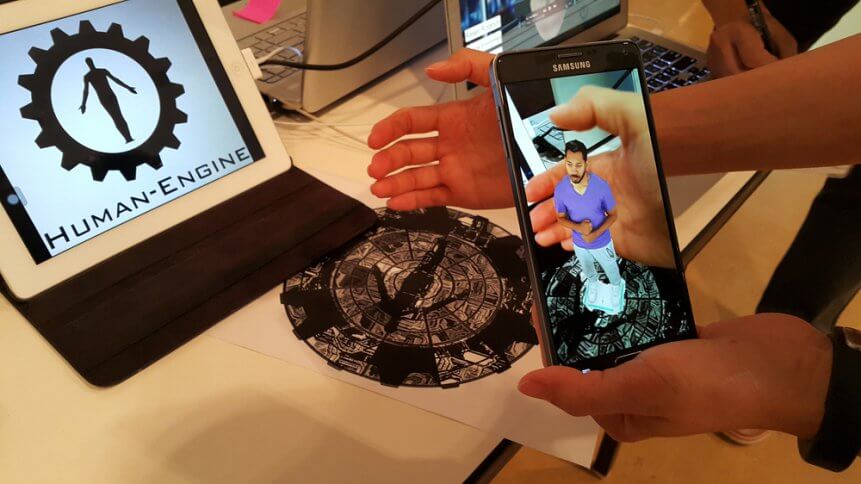Where will retailers invest in tech in 2020?

The world of retail has never been more competitive, and it’s never been more difficult to satisfy consumer demand. As the rise of e-commerce cast a shadow over physical retail, stores have fought to win back customers through ‘immersive’, tangible in-store experiences, ‘click and collect’ strategies, and innovative loyalty programs.
But all’s not smooth sailing online, either. E-commerce companies now face pressure to offer rapid delivery and free returns, while consumers’ ease of access to competitor choice and price comparison sites means profit margins are hammered down.
These pressures combined mean retailers are increasingly turning to new technology to optimize ever-dwindling margins. With that in mind, below are just a few of the trends Gartner expects to take hold in retail in the coming year.
Multi-experience
The mass deployment of the 5G network and exponential growth of IoT (Internet of Things) will contribute greatly to an increased connected reality. Multisensory and multi-touchpoint devices will be functional and mobile across the globe, making extended reality possible on the streets and buildings around us.
Multi-experience, which stems from VR (virtual reality), AR (augmented reality), and mixed reality, focuses on creating immersive experiences, which retailers can use to capture the imagination and engagement of customers in the physical world.
This year, Swedish furniture maker IKEA launched an AR app that allows customers to ‘place’ multiple pieces of furniture in one’s sitting room, while the French luxury brand Dior launched a new filter on Instagram where users can ‘try on’ DiorSoLight sunglasses.
Behind the scenes, meanwhile, companies are using the immersive experience to develop their products and services.
Food manufacturer Kellogg Company piloted the use of eye-tracking VR technology to help retailers collect customer data and optimize shelf stocking. Meanwhile, Finnish XR firm Varjo has worked with Volvo; the Swedish carmaker has used its highly-detailed headsets to help develop the interiors of its vehicles without expensive prototypes.
Hyper-automation
Hyperautomation involves advanced technologies such as AI (artificial intelligence) and ML (machine learning) to automate and streamline processes. The greater and wider adoption of these advanced tools will result in more sophisticated automation abilities in monitoring, manufacturing, design, and analytics.
The combination of these automated processes provide hints of a future where much of an entire organization will be automated from the point of manufacturing to the sale. Before taking it to the next level, organizations can orchestrate functions, operations, and key performance indicators to work together and drive value through the creation of a digital twin of the organization (DTO).
In retail, the largest gain would be diminished cost in manufacturing and operations as margin pressures continue to mount; companies driven to stay ahead of competitors by maintaining and upgrading e-commerce platforms and increasing wages have exhausted conventional cost-reduction levers.
In this competitive environment, hyper-automation will support businesses in the retail sector in operating effectively and driving profit.
YOU MIGHT LIKE

Five top trends for retail tech in 2020
Transparency and traceability
Businesses gaining a head start in identifying trends and consumer habits owe their success to numbers, figures, and predictions of data. On the one hand, consumers appreciate the personalized customer experience, but even more are concerned with how companies are collecting, storing, and utilizing their data.
When data-heavy (and potentially biased) AI and ML are added into the mix, consumers question will question how retailers can ensure ‘fair’ trade in the value exchange.
The crisis of trust has pushed organizations and governing bodies to establish guidelines and policies in safeguarding consumers and their data. Google’s explainable AI is aimed towards revealing the behind-the-scenes of AI decision making and clarifying AI-driven outcomes.
Meanwhile, legislation such as the European Union’s General Data Protection Regulation (GDPR) and the California Consumer Privacy Act (CCPA) set to take effect on January 1, 2020, are laying the foundation for stricter regulations in data privacy and protection.
Forward-facing retailers can also explore alternatives to personal data, such as by using tokenization, with blockchain adding an additional security and traceability layer.









